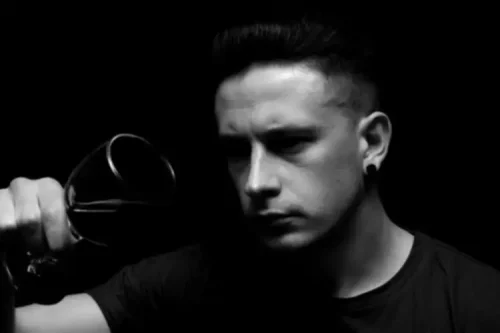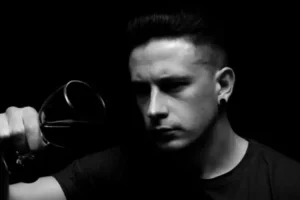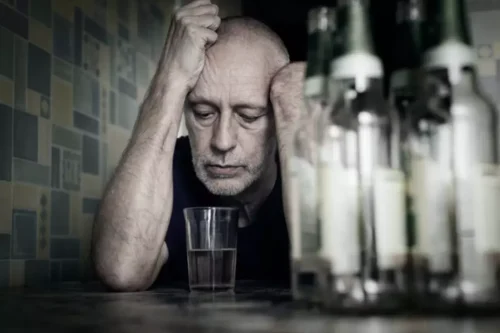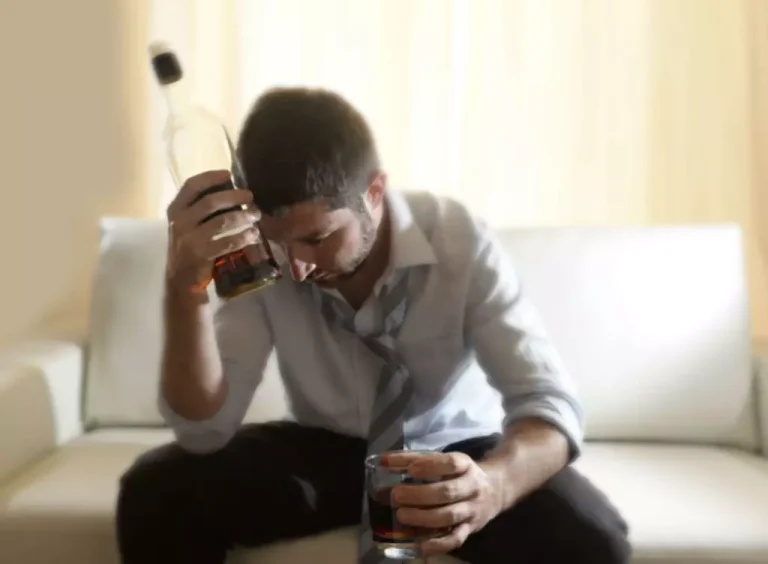
Many people start to become dependent on alcohol because they believe it helps them deal with their panic attacks. Many studies have found that alcohol use disorder and panic disorder tend to appear together. But this doesn’t necessarily mean that alcohol is a direct trigger of panic attacks. There is an easy way to avoid anxiety after drinkingPrevention is always better than cure so avoiding alcohol can eradicate any risk of your suffering with alcohol induced anxiety. Anxiety and alcohol impact people differently, but as a rule anxiety that accompanies a hangover might last up to a day. Alcohol also leads issues with Gamma-aminobutyric acid (GABA) because it interferes with its production.
Preventing hangxiety in the future

When removing alcohol as our coping mechanism, it’s important to get a new anxiety-management tool in the toolbelt to replace it. So in short, while alcohol may temporarily ease anxiety, it can worsen it over time. Chronic use alters brain chemistry, leading to dependence and increased anxiety when not drinking. Increased heart rate, or tachycardia, affects 40-60% of individuals with alcohol-induced anxiety disorder, particularly during withdrawal. Alcohol impacts the autonomic nervous system, which controls involuntary functions drug addiction treatment like heart rate.
What does alcohol do to our brains?

With the support of a therapist, you can overcome the use of alcohol to manage your anxiety symptoms and learn healthier ways of coping with panic attacks. While the symptoms of hangxiety can be distressing, there are several strategies that people can use to manage them. By practicing good self-care and limiting alcohol consumption, people can reduce the severity of hangxiety symptoms and improve their overall mental health.

Book a free same day online consultation
- Mentally, you can start to lose memory, have blackouts, or even have brain damage.
- While alcohol might seem like a quick fix for anxiety, it ultimately worsens the condition.
- If a person experiences alcohol withdrawal symptoms, it can create a cycle of heightened anxiety and increased alcohol misuse.
- Sleep disturbances are more common during withdrawal and can persist for weeks or months after stopping alcohol consumption.
Initially, alcohol increases GABA, which has a calming effect, but as the body metabolizes alcohol, GABA levels drop, leading to heightened anxiety. This symptom is more pronounced during withdrawal or in individuals with a history of anxiety disorders. However, using alcohol to cope with anxiety symptoms can be a bigger risk. The effect of alcohol is can alcohol make you anxious short-lived, and what follows is often worse than what came before.
- Alcohol also lowers inhibitions, which can feel comforting for those struggling with social anxiety disorder.
- But trying to relax with a drink or two may not give you the long-term anxiety relief you want.
- While alcohol initially acts as a sedative, helping people fall asleep faster, it disrupts the sleep cycle, particularly REM sleep, leading to fragmented and non-restorative sleep.
- A 2011 study on adults with depression or anxiety suggests a link between low levels of folic acid and these conditions.
- If you live with co-occurring alcohol use and panic attacks, it’s essential to address both in treatment.
- Understanding the immediate impact of alcohol on anxiety is crucial for individuals navigating their mental health and making informed choices about alcohol consumption.
Tips to Cut Down on How Much You Drink
- It stabilizes electrical activity in the brain, reducing anxiety symptoms.
- If you’re someone who is prone to panic attacks when there is no obvious external trigger, dealing with the stress of mistakes can make having one more likely.
- Alcohol disrupts sleep patterns, leading to insomnia or fragmented sleep, which can worsen anxiety.
- It is often linked to the brain’s response to the sudden absence of alcohol, causing mood swings and emotional instability.
Alcohol is a mild anesthesia and will put you in the mood for sleep — at least initially. Later in the sleep stages, alcohol disrupts REM sleep and paralytic sleep, which is when your body rejuvenates itself. But if you are more than a “one and done” drinker, or are worried that alcohol is affecting your well-being and health, it’s worth looking at how it is affecting you.
EXCEL PSYCHIATRY TMS & SPRAVATO TREATMENT CENTER
In this case, its advisable to speak to loved ones and seek medical help to determine what steps to take toward recovery. Alcohol’s impact on anxiety can differ based on the duration and frequency of consumption. The problem is that neuroadaptation outlasts the effects of the alcohol. Every piece of content is thoroughly reviewed by a clinician before publishing. Peer-led groups (like 12-step groups) and working with a therapist or substance abuse counselor can help you quit as well.

How Anxiety Can Mimic Angina

However, social situations can also be stressful, especially for people who are prone to anxiety. For some people, anxiety may be linked to an underlying health issue. In some cases, anxiety signs and symptoms are the first indicators of a medical illness.

Comentarios recientes